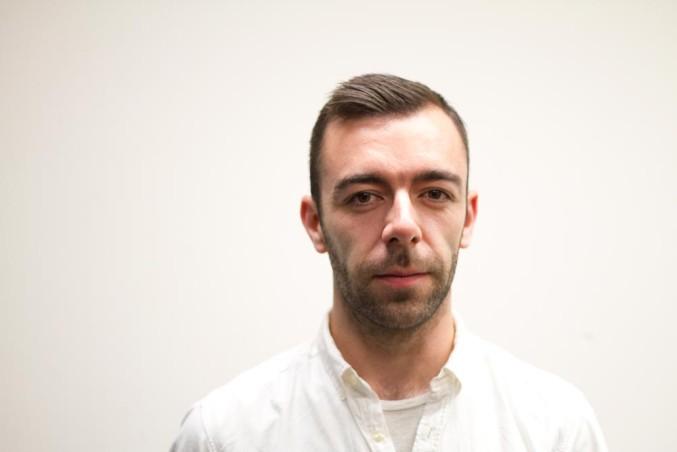By Lee Richardson
Editor-In-Chief
Our university wants to expand – that is clear. Proof enough is easy to find; head over to the patch of grass in front of Pitman to find a chunk of glass. Eventually, that same standard of glass will be used in the Student Learning Centre, which at the minute is Ryerson’s biggest construction project.
Construction is becoming perpetual around campus, with building plans mapped out for years to come – all with the goal to house newly introduced programs and (hopefully) fit the growing number of incoming students.
Though physical growth is not the only forecast for the university.
The administration is taking matters into its own hands in terms of bringing its teaching methods beyond the standard model of ‘professors talk, students listen.’ As The Eyeopener reported last semester (in ‘Going Beyond the Classroom’), the administration is aiming to boost online course options, to the point that entire degrees could potentially be completed from the comfort/squalor of your bedroom.
Plans for digital learning stemmed from a government proposal that came to attention last year. Earning much hype and discussion, it was released under the watch of Glen Murray, Minister of Training, Colleges and Universities at the time.
The future of the proposal, though, is not clear. After resigning from his post in the education department and running for Liberal leader, Murray has further stepped out of the public sphere for the time being, having recently removed himself from the Liberal race.
This means his education reform proposal – dubbed ‘3 Cubed: vwwvv institutions as centres of creativity, competency and citizenship equipped for the 21st century’ that set goals of introducing threeyear degrees, online courses and year-round semesters, is in limbo.
That’s a shame. It deserves a future. The education system is reaching a straining point. Classes are full, spaces are limited and tuition fees are growing beyond reach. Ryerson is responding to this, and rightly so, by considering online courses, though eventually a more drastic change, either provincially or nationwide, has to be looked at seriously.
Murray’s proposal was criticized – both by pundits and those working in the academic field – though he mentioned in talks with the press last year that it was being considered more seriously than most would expect. Let’s hope so. Universities like Ryerson, that are putting steps forward by realizing that teaching can be more than lectures and tutorials, can’t do it by themselves.
Whichever party comes into power next needs to consider the ‘3 Cubed’ plan for what it is – a radical, though valuable, guide to bringing Canada’s education in line with others globally. Ryerson’s administration may be taking matters into its own hands, but an extra (governmental) finger pointing the way to go wouldn’t go amiss.












Sergio Ortiz
This is an editorial opinion that lacks some facts that could provide some background and a better idea surrounding the model. This, in relation to that which can be considered a not too radical idea as the three-cubed model is not forward-thinking in essence. It is, instead, another application that intends to formalize the university as another neoliberal instution at the expense of humanistic grounds. Yet, this proposal, based on the Drummond Report recommendations released last year and as a continuation of the 2004 Rae Report, has been quietly gaining ground and being imposed on students without public consultation which is a concern for those in the academic community, be it part of administration, staff, or students. Except for some superficial research that administration has conducted for purposes related more to institutional procedures e.g., surveys than to students’ well-being.
It might or not be related to the fact that the election of the province’s party leader and, for that matter, Ontario’s Premier, is just around the corner and the university is getting ready for what is poised to become the cheese-in of the year. And, of course, Ryerson needs to show this to the city because, as the university boasts, this is ‘our house’ and, it seems, external matters are more important than those relevant to the community.